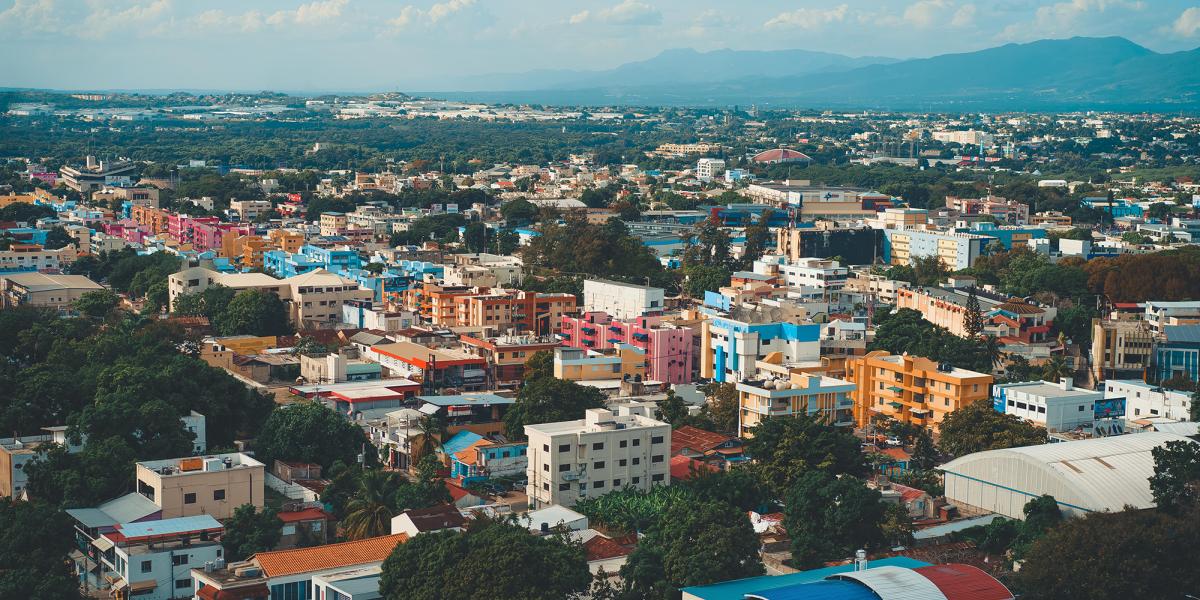More than 600 students from high-risk backgrounds in the Dominican Republic will get a chance to attend college with a support system modeled after Office of Diversity and Inclusion's (ODI) flagship programs under a $12 million investment recently announced by the island government.
Grabbing headlines in the Dominican Republic was news from the Minister of Higher Education Franklin Garcia that an unprecedented $644 million in Dominican pesos will be spent helping students from vulnerable groups succeed at a trio of local colleges.
In late January, Garcia told Dominican reporters that the $2.5 million annual pool of funding for vulnerable populations will be “a productive investment that will have an impact in favor of so many people who cannot develop their opportunities due to the economic deprivations they suffer.” The program will operate out of the University of Santo Domingo (UASD), University of ISA, and the Technical University of Santiago (UTESA). The schools represent a wide spectrum of Dominican colleges from a traditional university to an agricultural-focused college as well as an institution primarily serving adult learners.
The Dominican programs are modeled after bridge programs within the Young Scholars Program, the Louis Stokes Alliance for Minority Participation (LSAMP), and the Bell National Resource Center on the African American Male operated by ODI. The collaboration began in 2020 after ODI leaders landed a five-year USAID grant of nearly $5 million to bring their staff expertise to the Caribbean nation.
"The collaborative efforts between ODI, the United States Agency for International Development (USAID) and our partners in the Dominican Republic will change the trajectory of college access for Dominican Republic youth for decades to come," said Dr. Chila Thomas, executive director of the Young Scholars Program who is one of the ODI staffers leading the effort. "Our work together challenges how we think about college access, how to support student success, and how existing policies and practices support and interfere with opportunities to pursue higher education," she said. "In addition to modeling college access and student success, our work is shifting the mindsets of our Dominican colleagues and evolving existing practices to create pathways to these prestigious institutions for all young adults on the island regardless of their backgrounds."
This past August nearly a dozen educators, higher education administrators, student service professionals, and others representing the Dominican universities met with the leadership of ODI's flagship programs—The Young Scholars Program, Morrill Scholarship Program, LSAMP, Bell National Resource Center for the African American Male--as well as scholarship and academic services, data collection, and other units. That visit came several weeks after an ODI team headed to the island for a first-hand look at higher education and the access challenges students faced in that country.
Garcia told reporters the overall goal of the program was to prepare students “at the highest level to enter the labor market” after finishing their studies.
